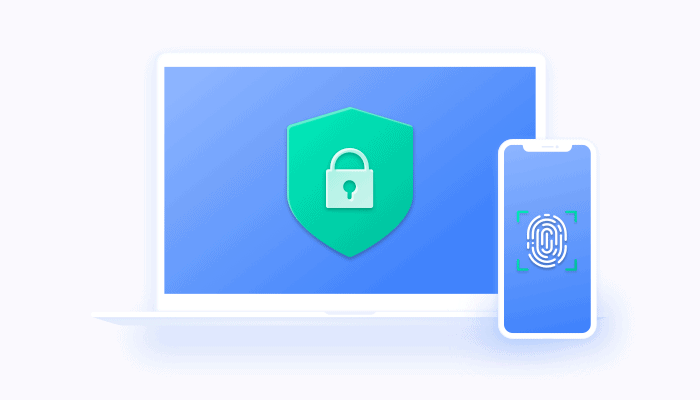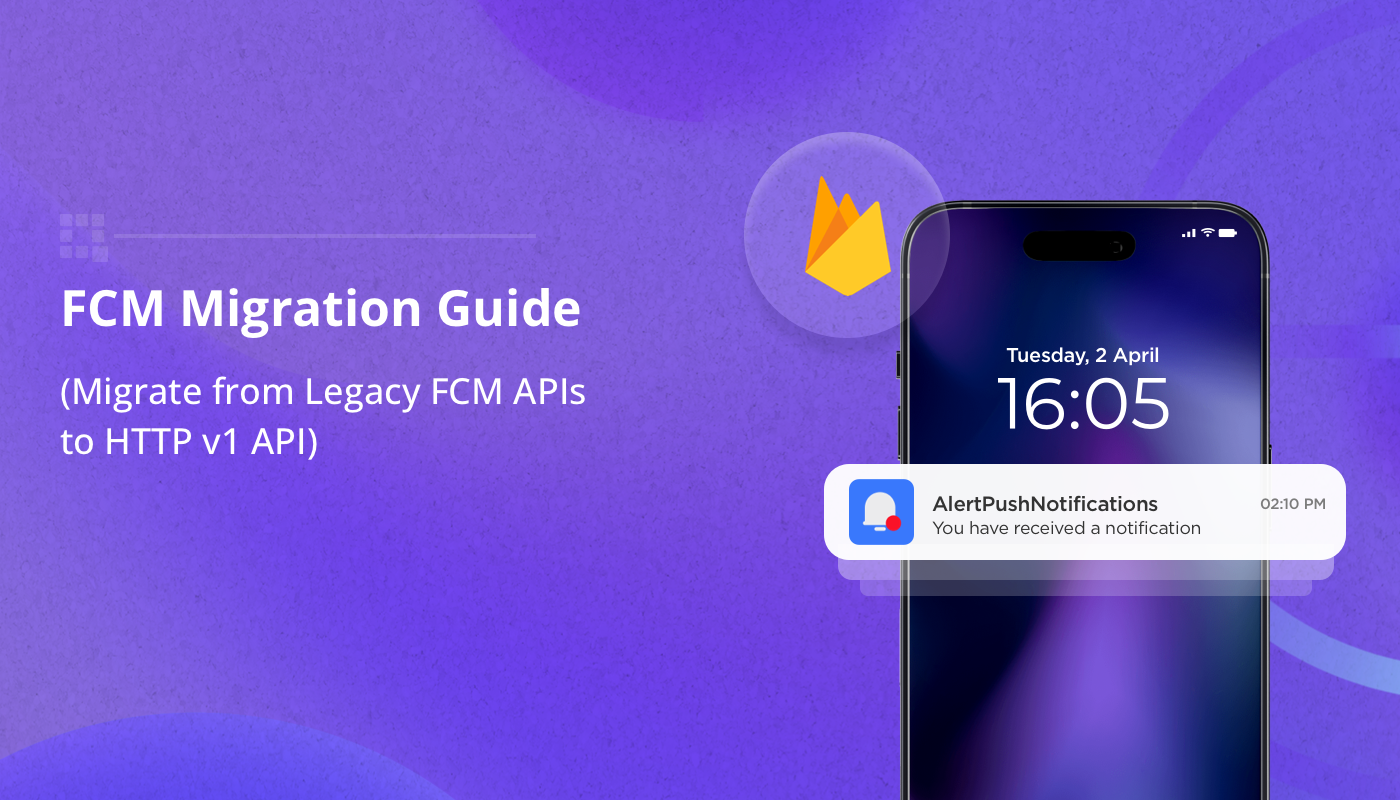
The COVID-19 outbreak forces businesses to move towards remote workflow, arising the issues of vulnerability and involving security risks. Businesses may struggle to solve urgent security, data, and collaboration issues related to out-of-office time without much preparation. Many IT departments are not equipped to scale of numbers currently required. The situation may worsen if an organization has to shift to a remote quickly and forcefully not to have enough time to prepare. QuickBlox checked the common use-cases for user verification and best practices on how to secure virtual interactions to keep a business productive and secure.
Let’s consider the various risks of working remotely and how to mitigate each:
Banking
The pandemic forced many consumers to move towards online banking. Quarantine poses new challenges for digital banking, demanding to boost cybersecurity technologies in the digital culture. This encourages the financial sector transformation, so banks with more reliable digital capabilities will benefit. If customers gain a positive experience, this will affect their user behavior and habits after quarantine.
At the same time, online banking operations are super hot targets for fraudulent schemes. Digital account security in financial services needs improvement. Phishing emails, text messages, and false withdrawal or deposit transactions can result in devastating effects.
Banks should ensure password protection, use two-step verification, and multiple-device security in their mobile applications to protect logins and transactions better. Implement dual control security settings on online banking, initiate and approve electronic payments on separate computers. It will add a layer of protection to instant messaging solutions, which hinder compromising bank accounts. Implementing two-step authentication adds an extra layer of credentials to verify the person is authorized.
Healthcare
Even before the COVID19 pandemic, the healthcare system has already adopted the use of secure messaging for telemedicine. HIPAA-compliant video-conferencing tools allow patients to receive medical treatment remotely. When it comes to the transition of the sensitive information, medical data should be treated especially seriously. That is why healthcare is one of the most vulnerable sectors for privacy issues, fraud, and data breaches. While expanding telemedicine has enabled safer care of patients during the pandemic, it posed new challenges for security and privacy concerns. Europol, the FBI, Microsoft alerted about the outbreak of Coronavirus-related fraud schemes and supply chain attacks. Cybercriminals will likely continue to exploit malicious activity due to the app’s popularity.
To avoid violations, when creating secure messaging solutions for healthcare, we recommend using a HIPAA compliant instant messaging service to transfer and store ePHI. Quickblox services can be hosted on the dedicated AWS cloud. While AWS no longer requires the use of dedicated hosts for HIPAA compliance, we offer this option for sensitive data management. You should also add API email addresses verification.
We provide access to our API so that the service can be customized and used for sending automated email notifications. You can also integrate QuickBlox API with your software with our SDK.
Education
Elearning provides many benefits for both students and teachers. That’s why schools and universities began to provide remote learning opportunities long before the COVID-19 crisis. Today, in response to significant demand, many online learning platforms are offering free access to their services. There is an increased demand for distant learning solutions, whether it is language apps, virtual tutoring, video conferencing tools, or online learning software. Although there is a wide range of resources available to Elearning, it may endanger data security. Multiple users with administrator access allow downloading malware. Home use software is not supported and may not be patched for vulnerabilities. Hackers found new vectors for activities, such as targeting Zoom and other video conferencing applications. One of the most significant security issues facing Zoom is rapidly growing “Zoombombing,” when uninvited attendees break into and disrupt a meeting.
You can read about The common security threats and how to protect from them here.
We suggest implementing two-factor authentication (2FA). It ensures an extra layer of security that passwords alone can’t provide. One of the most common methods of 2FA is SMS text messages. We also recommend adding push authentication to secure text messaging solutions. It allows authenticating users on their mobile devices, by confirming a push notification, instead of using their password to log in.
Working from home
The out-of-office work style turned into standard practice. Data security faces more concern, increasing additional levels of security issues for businesses, and their data. Companies must analyze the consequences of remote workstyle in respect of systems access, access to internal IT infrastructure, bandwidth costs, and data repatriation. They should educate employees about data security and how to protect it. Leaders also need to initiate certain practices ensuring their employees stay protected.
Here are some practices to consider to minimize these risks.
- Always be alert for phishing emails and malicious scams
COVID-19 has already made a fuss in many business sectors. Cybercriminals also do not miss their chance to profit from the general confusion and panic around the pandemic crisis. They create phishing sites and use COVID-19 baits, promising to provide reliable information about it. Be suspicious of any email or online message that creates a sense of urgency or has lousy spelling. Always check out links and attachments before you click.
- Ensure password protection
Password safety is another critical way to protect an organization’s data. It’s necessary to use alphanumeric codes and two-factor authentication to prevent unauthorized access. Using a password manager can help employees to mitigate cybersecurity risk, and the company data can remain secure and uncompromised.
- Avoid unknown Wi-Fi
Using an unsecured Wi-Fi network is the most common way to get a company’s data compromised. Malicious actors can easily access devices on insecure networks or set up fake systems that trick users into joining. That is why it is highly recommended to use a virtual private network (VPN) or a personal hotspot to protect against any network vulnerabilities.
Conclusion
The coronavirus pandemic has had a severe impact on businesses worldwide. Thousands of companies have shifted to a remote workforce. While it helps teams remain productive, remote workstyle and social distancing activities present a unique challenge for data security. During the pandemic, online threats increase. Cybercriminals continue to hack networks, exploit users in phishing attempts, and use ransomware. By taking steps to keep business data secure when accessed remotely, you can be sure of your company’s safety.
Reach out to one of our representatives to see if QuickBlox can assist your business with remote work software.
Stay secure with QuickBlox!






